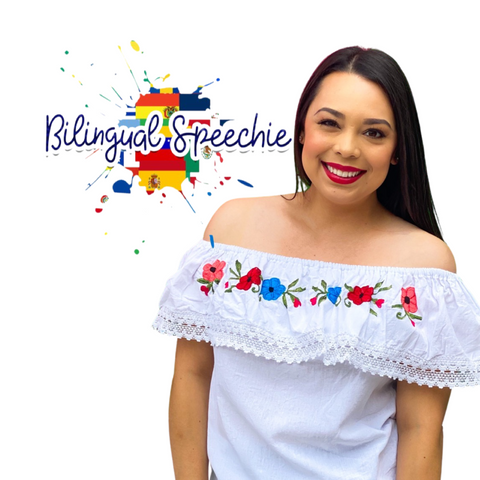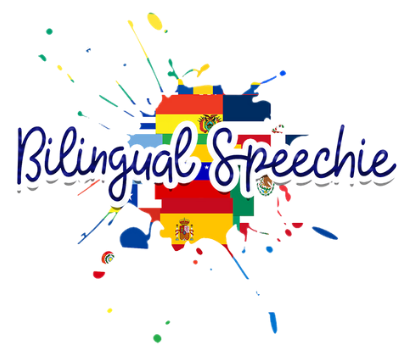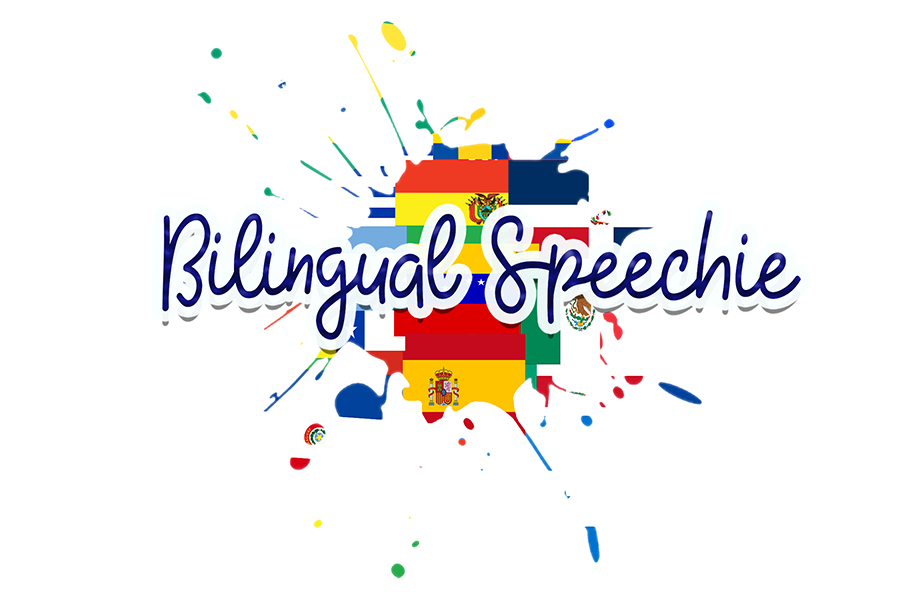by Liliana Diaz August 14, 2019
Due to the latest brutal and violent events that have occurred in our country towards Latino immigrants, I have decided to write a heart felt post to bring awareness and advocacy to the topic.
Fear has a very powerful effect on the human mind. It can accomplish anything and even override our human compassion for others. Fear can cripple our minds and blur the right from the wrong. Issues on immigration and race have always existed, but this fear is now greater than ever, especially because fear has been promoted from a top to bottom hierarchy in a country where people have access to guns. The fearful mind sees immigrants as an invasion, our immigrant neighbor as a terrorist or the person who “looks different” that works in our local grocery store as a criminal.
The brutal and tragic event that have occurred in El Paso and the raids that have occurred in Mississippi have now created fear among our families and community; fear to hide our cultural identity in order to stay safe. Now more than ever, we must be proud of who we are, embrace our race & culture, not to give into the stereotypes, and to stand up for ourselves in difficult situations where we may encounter fear or hate.
With the beginning of the school year being near, I couldn’t help but to spread awareness and encouragement to everyone. With the events that have occurred recently, it is important to keep in mind that our students may enter the school year in fear, or we may even encounter students that have been directly affected by the immigration raids that have occurred across the country. And if that is the case, it is our duty to welcome those children with open our arms and provide these children with the support they will need. As professionals and educators that work with children, it is also our duty to support and help guide our future generation into becoming compassionate human beings whom embrace one’s differences and continue to encourage diversity in our country.
I believe that instilling positive values about DIVERSITY, CULTURAL IDENTITY, CULTURAL PRIDE, CREATING POSITIVE ACTS OF KINDESS, and teaching about OUR HUMAN RIGHTS should all be discussions that are held within your classroom right from the start of the school year.
Here is how you can introduce these topics into your classroom.
DIVERSITY: Read books to your students that reflect a variety of diverse backgrounds.
CULTURAL IDENTITY: Discuss the cultural backgrounds of your students. Create a “show & tell” project or research project where students can learn from one another and present about each of their backgrounds.
CULTURAL PRIDE: Discuss and learn about different cultural holidays in your classroom.
POSITIVE ACTS OF KINDNESS: Teach your students to be kind to one another, embrace each others differences, help out friends, give back to their community and how to stand up and speak out for themselves.
HUMAN RIGHTS: Students should learn about the laws that exist and their basic human rights such as freedom of speech, freedom of the press, etc.
Unfortunately, fear has become a deadly infection and now we must come together to find a cure. You can help cure it by starting these conversations and addressing these topics in the classroom. I can tell you one thing is for sure, fear will not keep me from being proud of my roots, from speaking my native language, but most importantly from hiding the fact that my parents made enormous sacrifices to come to this country and provide me with everything I have ever needed to be where I am today. These are the values that I will discuss in my speech therapy room and I hope you will too.
Comments will be approved before showing up.
by Liliana Diaz December 14, 2023
by Liliana Diaz July 23, 2023
Have a client on your caseload that is demonstrating difficulty producing the CH sound? Perhaps you're a parent whose child is in speech therapy working on the CH sound? The CH sound can be a tricky sound to teach because it's hard to visually see what's going on inside the mouth when saying the sound. But no worries, here are some tips to help achieve that tricky CH sound.
by Liliana Diaz February 13, 2023 1 Comment

Who are we?
Bilingual Speechie LLC. is a small business dedicated to providing inclusive and engaging speech therapy resources and activities for bilingual children, parents, SLPs and educators.
Bilingual Speechie LLC promotes bilingualism and multilingualism by dispelling common myths, providing education on bilingual language development, and promoting heritage language maintenance amongst bilingual families.
About the Owner:
Liliana Diaz-Vazquez is a certified licensed bilingual speech language pathologist (SLP), currently practicing in Chicago, Illinois. She obtained her bachelor’s degree in communication disorders (2012) and her master’s degree in speech language pathology at Saint Xavier University (2014). She is a certified member of the American Speech-Language and Hearing Association (ASHA) since 2014, a member of the Illinois Speech and Hearing Association (ISHA) since 2014 and maintains licensure in the state of Illinois.
Liliana is a first-generation Mexican-American Latina, a small business owner, a full-time school-based SLP, & a bilingual parent, who takes pride in her roots, culture, & heritage language. She loves being able to share her experience as a Latina SLP, and a bilingual mom, as well as her culture & heritage language with the educator, SLP, and parent community.
Liliana Diaz-Vazquez has extensive experience working with the bilingual English and Spanish speaking population & multilingual population. She specializes in augmentative/alternative communication (AAC), bilingual language development and language delays/disorders in bilingual/multilingual children. She has also worked in the early intervention setting for several years where she gained vast experience working with interpreters and bilingual/multilingual families.
Liliana began creating digital bilingual resources and activities in 2014 out of need while working full-time in the school setting as a SLP. Liliana worked with many Spanish-speaking families and quickly realized that there were limited Spanish and bilingual speech therapy resources available for her students and their families. In addition, Liliana quickly became aware that there was a need for education about bilingualism and typical bilingual language development as many of the families she worked with had encountered misinformation about bilingualism. Liliana began developing resources and eventually started Bilingual Speechie LLC with the mission to provide education to SLPs and families about bilingualism, as well as provide inclusive and diverse materials for speech therapy in order to help bilingual families and SLPs gain access to appropriate bilingual materials for children with communication disorders.
Today Liliana currently works full-time in the Chicago public school setting as a lead bilingual SLP where she consults and collaborates with SLPs daily to help them understand how to assess and provide culturally and linguistically appropriate services for bilingual and/or multilingual students. She also runs her small business, Bilingual Speechie LLC, and is on a mission to expand and grow her business so that all SLPs, educators, and families can have access to inclusive, diverse, and bilingual resources in a variety of languages for speech therapy.
Professional Development:
Liliana has vast experience as a speaker/presenter and has presented at several conferences over the years. You can view all previous conferences and topics that Liliana has presented on here. Liliana is available to present on topics such as best practices when working with multilingual populations, bilingual speech/language assessment and treatment, goal writing with multilingual populations and much more. If you are interested in booking Liliana for a conference or event please don't hesitate to send an email at lilianadiaz@bilingualspeechie.com
 English
en
English
en
 English
en
English
en
 Español
es
Español
es


Liliana Diaz
Author